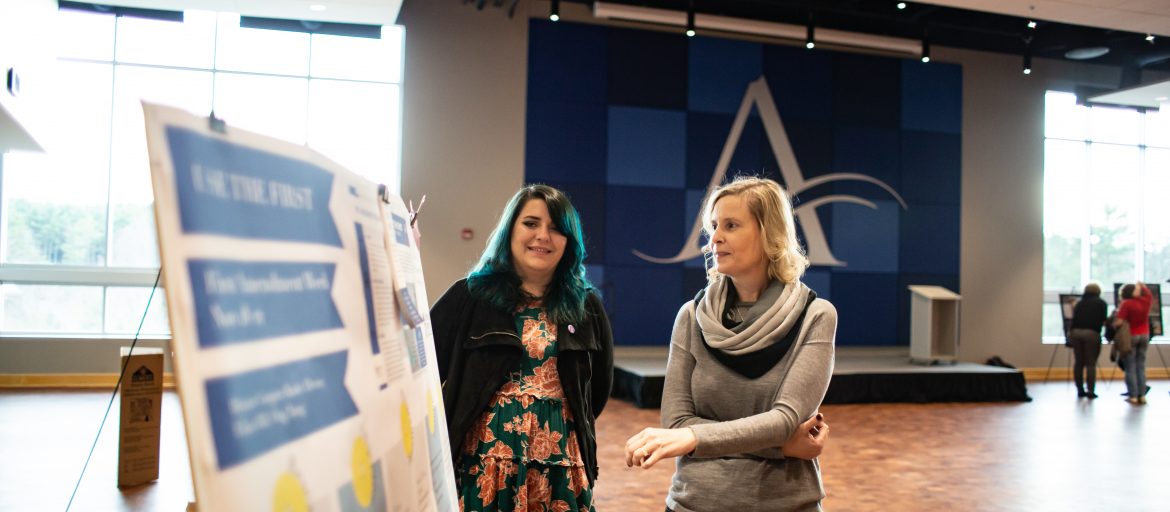Abstract
In late eighteenth century and the early nineteenth century in Britain, the Parliamentary Enclosure movement privatized the commons of the open field system. Members of Parliament saw the villagers’ right to the commons – unworked pieces of land shared equally - as a crutch for the idle who were too lazy to take on wage labor. Reports to the Board of Agriculture describe an ‘unruly independence and slothful behavior’ in villagers who supplement their income by gathering from the commons. These reports recommend enclosing the commons, forcing the poor to embrace waged labor, to cure their immorality. This paper argues that the societal views of poverty brought on by the new Protestant Ethic motivated commons enclosure. The enclosure of common land set the stage for the Age of Privatization.
How to Cite
Beresford, C., (2014) “Undergraduates in Iniquity: Views of the Commons and the Poor in Reports of the Board of Agriculture in Britain”, Capstone, The UNC Asheville Journal of Undergraduate Scholarship 27(1).
61
Views
682
Downloads
